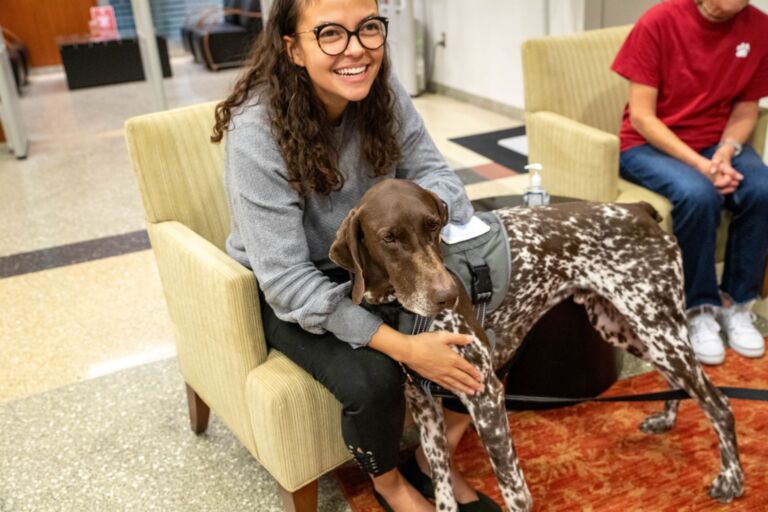By Hillary Mantis
These days every interview counts. You’re probably feeling the pressure build with every interview you get. How do you handle tough questions? While you don’t want to sound overly scripted, some questions are best answered when you have given them some thought.
Here are a few questions that come up over and over again:
Where do you see yourself in five years?
Think about this one from the perspective of the interviewer. He or she does not want to train, mentor, and show you the ropes only to have you leave in a year. If you see yourself at that firm five years down the line, great. If you are not sure, find a part of what they do that you find appealing, whether it’s the practice area, or the size of the firm, and focus on that.
How are you doing academically in school?
This is perhaps the most dreaded question of all, unless you are lucky enough to be at the top of your class. If I’ve learned anything in my years as a career counselor, it’s that pretty much everyone has something on their resume that makes them uncomfortable, whether it’s grades, or a gap in employment. You are definitely not alone.
Focus on the positive to the extent that you can. Answer their questions honestly, and describe a class that you did especially well in, that hopefully relates to their practice. For example, if you got an A in Legal Research and Writing, and it’s a litigation firm, you can tell them how well you did in that area. Like any question that you don’t want to dwell on, answer it honestly and directly, find some aspect of it that is positive, then move on to another topic. You don’t want to spend your entire interview talking about this question — you want to get back to your strengths.
Why should we hire you?
This is one question that you should try to practice before the interview. Find three to four “selling” points from your resume, and make sure you fit them in. Analyze your resume the night before the interview. Find courses, internships or jobs where you can give examples of work you have done that relates to the job. Try to tell at least one or two success stories. Success stories are examples of things you are proud of, problems you solved, or recognition you received at work for a job well done. If you are describing personality traits, e.g., “I’m a very hard worker,” always also try to give them a concrete example, such as “I managed to maintain an A- average, while working fifteen hours a week.”
Do you have any questions for us?
This question is deceptively hard. It seems easy enough, right? But they don’t want you to ask something that’s regurgitated from their website. And they don’t usually like it when you don’t have any questions at all. So, what do you do? You can focus on details of the job, and your potential role in it. You can ask about the future of the firm or organization and their long term plans. Best of all, as you are in the actual interview, try to think about something the interviewer raised, and follow up on it in the Q &A. This is also the time for you to bring up anything fabulous about yourself that they did not ask you during the interview. Don’t forget, you do have some control in the interview. It’s not completely a one-way street. This is the time to mention an achievement before you leave.
Hillary Mantis is a Director of the Pre-Law Program at Fordham University, and a legal career consultant. She consults privately with law students, pre-law students and lawyers. She is the author of Alternative Careers for Lawyers, and co-author of Jobs for Lawyers: Effective Techniques for Getting Hired in Today’s Economy. You can write to Hillary at altcareer@aol.com





